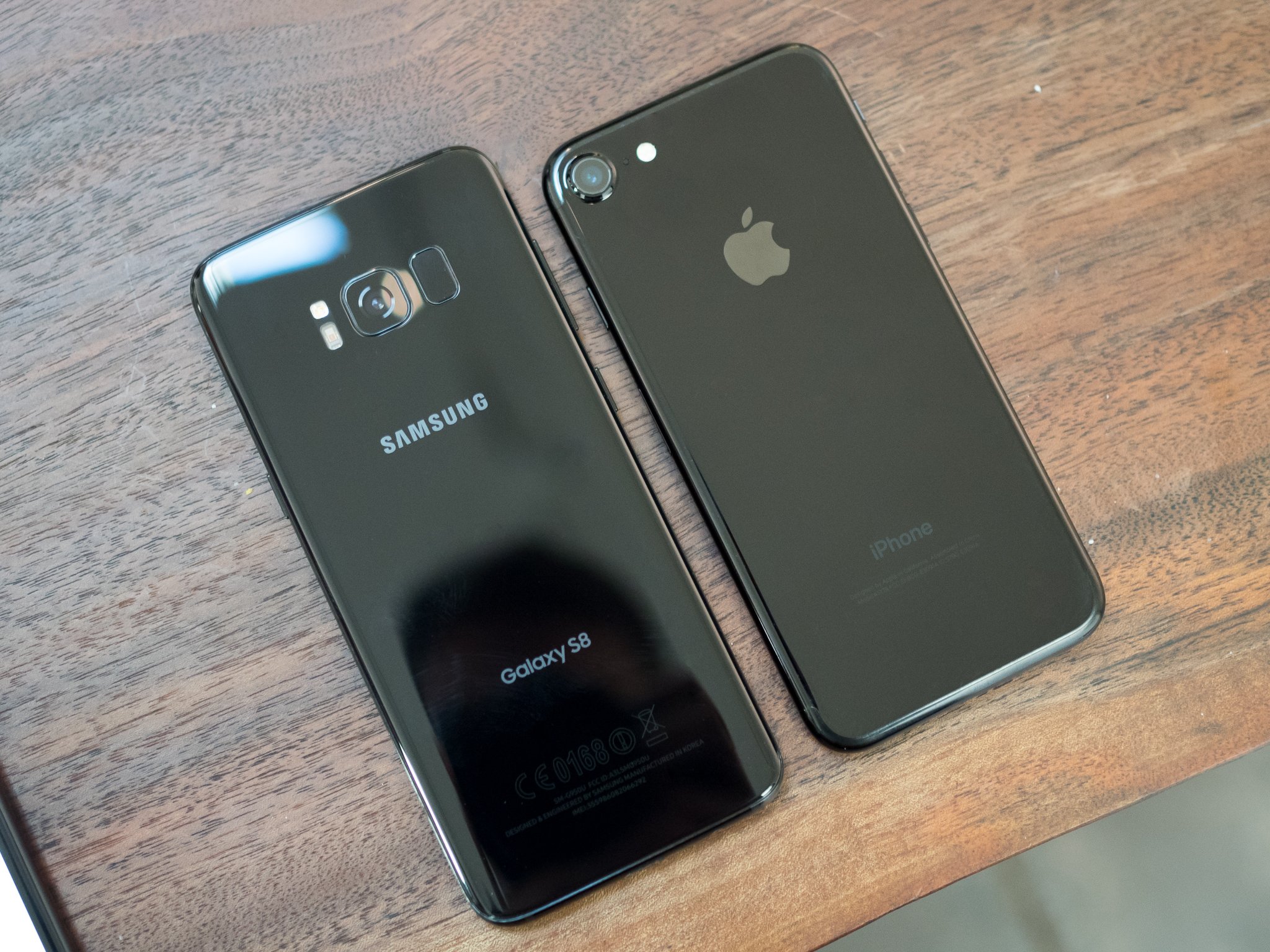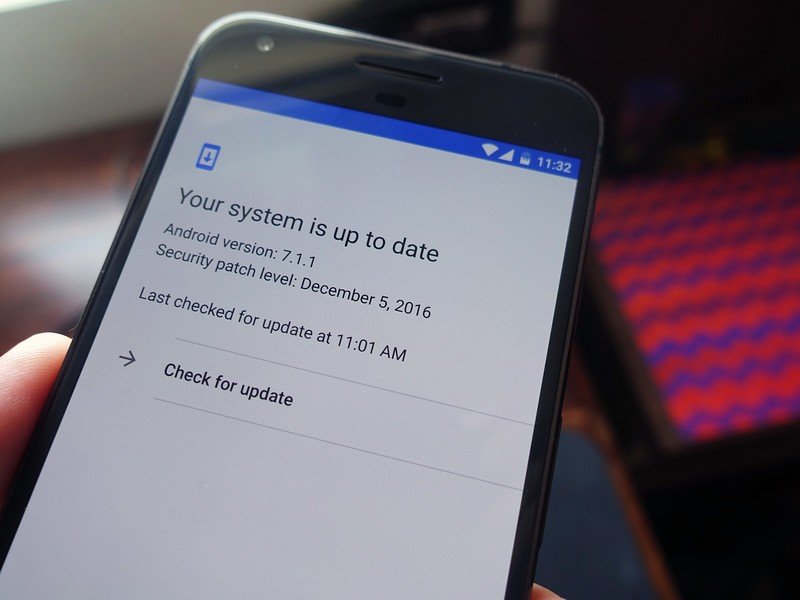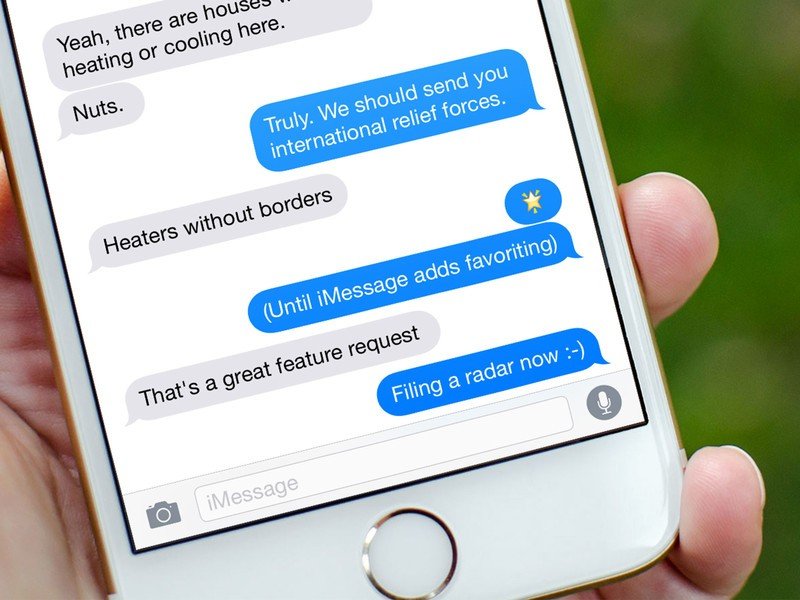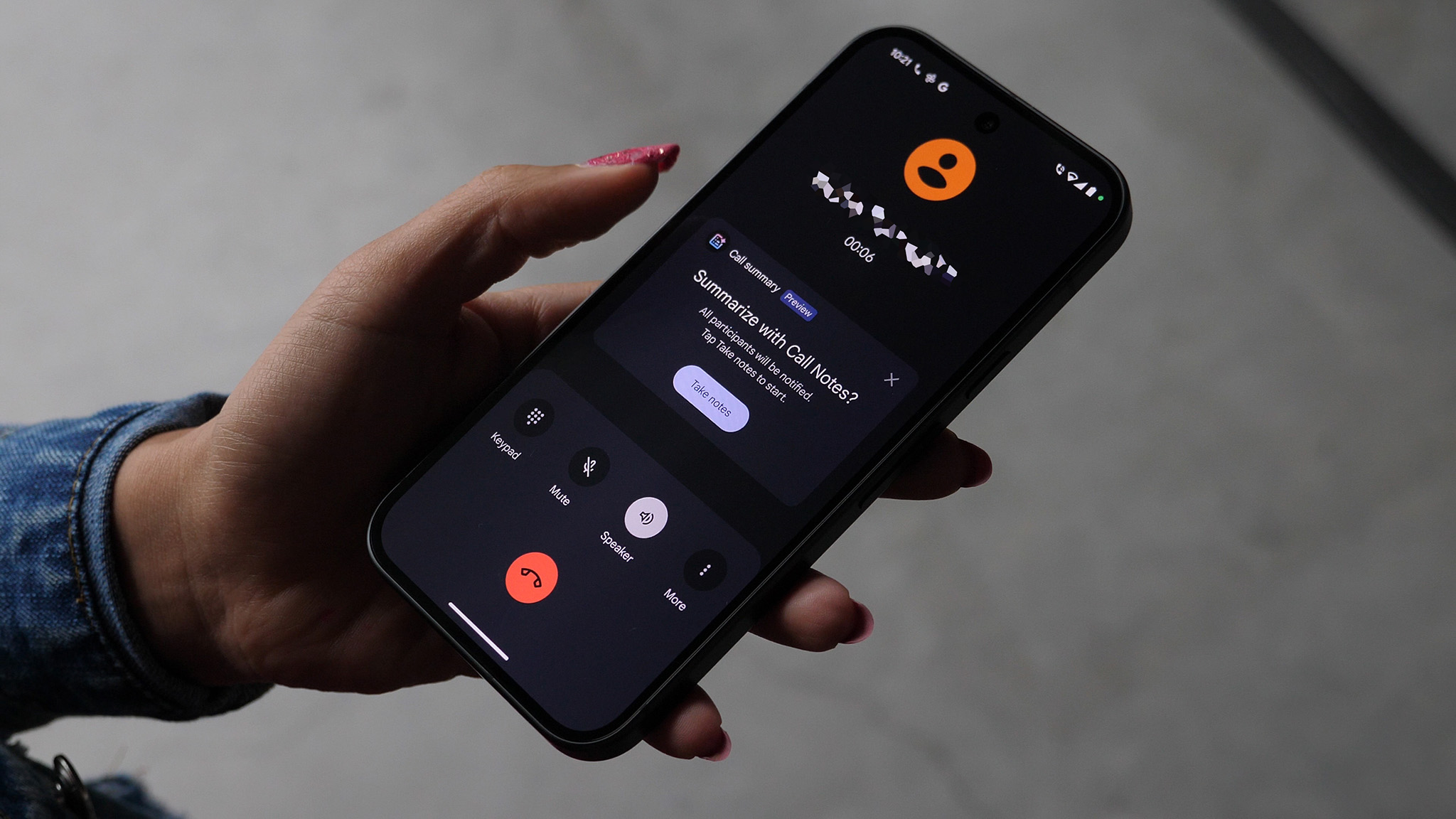Five important things iOS does better than Android

The internet is filled with words about Android and iOS and why one is better than the other. It makes for fun writing and reading because everyone likes to hear about why the thing they prefer is better than the thing they don't. but there are some important things each operating system does better than the other.
In a perfect world, Apple and Google would merge and the result (Gapple?) would make software with the best from both sides. Since that's never going to happen, let's look at five important things iOS does better than Android.
First read this: Five important things Android does better than iOS
Updates

The way Android and iOS are updated is very different. Google uses Play Services to handle many of the security and application compatibility parts of Android, and iOS updates don't include every feature for older models. But there is still no denying that updates are handled on iOS better than they are on Android.
Google is responsible because their name is tied to Android.
When Android is updated, only phones from Google that are currently supported can expect an update. Those phones are a very small portion of Android devices in the wild. It's difficult for Google to force another company to send an update because Google doesn't build Android: it only gives the source code to other companies who build it themselves. Once the code is updated Google can do no more.
That doesn't change the fact that most Android phones are using old software. It's the fault of the companies making the phones, but the blame will always fall on Google.
Junk apps
If you buy an iPhone from Verizon you won't have to hide the VZ Navigator app. The same can't be said for a Galaxy S8.
Get the latest news from Android Central, your trusted companion in the world of Android
Step 1: Buy Android phone. Step 2: Try to delete all the carrier crap.
The small bits and pieces a phone needs to work on Verizon are built into iOS the same way they are built into Android. But the user-facing apps that you might not want use are not. Google has no say in how Samsung builds the software outside of the things required to use Google Play. That means Samsung and Verizon can make deals that leave you with junk you don't want to use. It's easy to never use the apps and ignore them in the app drawer, but have a look at the data they collect and send back to Verizon, which is now free to sell it to anyone it likes. We're picking on Verizon, but the same goes for every carrier and their junky apps.
Google's phones work on any carrier and don't suffer from the bloatware, but that's because Google builds Android themselves for the Pixel. This one's another of those things Google isn't directly doing but it still gets blamed for because it is in charge of Android. That's part of running a show this big, G.
Support
AppleCare is legendary. When you have a problem with your iPhone you can just walk into an Apple store and have it taken care of (thus AppleCare). Because Android phones come from so many different companies, there is no equivalent on the Android side.
Not that the companies making the phones aren't offering something. They all have their own customer care department, and even the Pixel has a way that lets you talk to a real live human if you have an issue or need some help. Samsung is expanding a retail presence in the west, but it's not even close to the AppleCare experience.
One company is in charge of everything on an iPhone and it offers better support, period. This becomes an important factor when you're buying a phone that costs close to $1,000.
iMessage

Apple's iMessage is both the best and worst messaging app to ever be created. It's a seamless process out of the box that lets you send texts or messages with rich content without installing anything. But it only works on Apple devices.
Green Bubble shaming can also work on the platform with 85% of the market.
Google has tried and failed at recreating this time after time. The biggest reason is that it wants a solution that works everywhere on everything, not just Android. The Hangouts app was able to do it, but the clunky interface and need to manually install it meant most people using Android weren't hanging out and Google is pushing it away from the consumer side. Allo is a great experience between two Android phones but doesn't include SMS so you can only talk to people who use Allo. And both apps were a tough sell to iPhone users because they have iMessage and it already works.
Google, please forget iOS for once and just make a messaging app that works great on Android and Chrome OS. Toss in a great Chrome extension for desktop users if you can and call it gold. Then force companies like Samsung to include it and put the icon on the home screen so people know it's there. Some things are worth fighting the EU over. You already have a good start with Allo.
Security and privacy
Apple collects data from everyone who uses iOS and does a good job of keeping it anonymous and in-house. Google does the same, regardless of what you might read from other places. But Android has some serious issues when it comes to security and privacy.
Updates are part of the problem. Your Pixel is probably protected against some random data-stealing exploit the latest botnet is pushing across the internet. Your BlackBerry does, too. But any other model — including the ones that sell by the tens of millions and drive Android's market share — might not. Google taking good care of your data doesn't matter when hackers get your bank login because you were tricked into installing something that old software allows.
Google understands internet security and privacy but some of that knowledge seems lost when it comes to Android.
Which brings us to the second part: permissions. Android does a good job at letting you decide what an app can and can't do, but it does a horrible job explaining what those permissions really mean. When an app can create accounts on your phone or read your identity you really deserve some explanation about why and how. A good developer will tell you why and how on their store page in Google Play. A good Google would force every developer to do the same then check to make sure they are telling the truth.
Sometimes being in charge of a thing means you have to have a firm hand. This is one of those times for Google. Strict rules for developers to follow if they use Google's store might cause an uproar on Stack Exchange, but it's better for users who aren't aware of how these things work. Those users are who security and privacy controls should be targeted at.
There are plenty of subjective reasons to like one over the other when it comes to Android versus iOS. But when it comes to core services and the way things are handled, there are some things Apple is doing better than Google. These are just five of them that we would like to see Google address as they continue to develop Android.
A better iOS means a better Android as developers on both sides are forced to fight for our attention.

Jerry is an amateur woodworker and struggling shade tree mechanic. There's nothing he can't take apart, but many things he can't reassemble. You'll find him writing and speaking his loud opinion on Android Central and occasionally on Threads.
